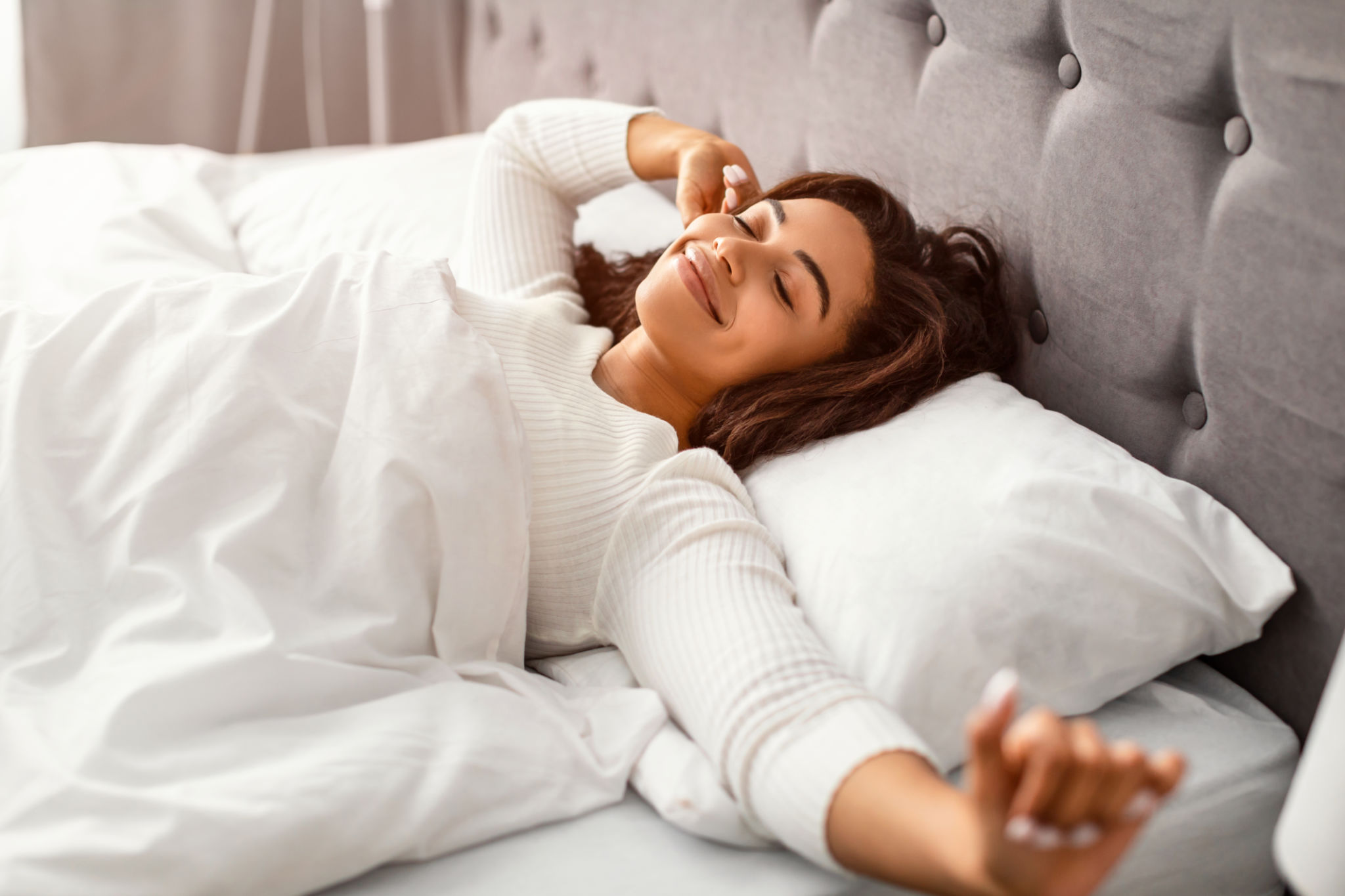Hypnosis Techniques for Better Sleep: Expert Tips
Do
Understanding Hypnosis and Its Benefits for Sleep
Many people struggle with sleep issues, ranging from difficulty falling asleep to staying asleep throughout the night. Hypnosis is an increasingly popular technique that can aid in alleviating these problems. By guiding the mind into a state of focused relaxation, hypnosis can help individuals achieve a restful and rejuvenating night's sleep.
Hypnosis involves a state of heightened focus and concentration, often achieved with the guidance of a trained hypnotherapist. During this state, individuals can become more open to suggestions that promote healthier sleep patterns. This can include techniques to calm the mind, reduce stress, and encourage relaxation.

Key Hypnosis Techniques for Better Sleep
There are several effective hypnosis techniques that can be employed to improve sleep quality. One popular method is progressive relaxation, which involves systematically relaxing different muscle groups in the body. This technique helps release tension and promotes a sense of calm, making it easier to drift off to sleep.
Guided imagery is another powerful tool used in hypnosis for better sleep. This technique involves visualizing peaceful and calming scenes or experiences, helping the mind escape from daily stresses. Through guided imagery, individuals can create a mental sanctuary that fosters relaxation and tranquility.

Creating a Hypnotic Sleep Routine
Incorporating hypnosis into a regular sleep routine can be highly beneficial. To start, set aside a specific time each evening to practice hypnosis techniques. Creating a consistent pre-sleep ritual signals to your body and mind that it's time to wind down and prepare for rest.
You may find it helpful to use recordings of hypnosis sessions or apps that offer guided hypnosis tracks specifically designed for sleep. These resources provide structured guidance and allow you to practice hypnosis techniques at your own pace.
Expert Tips for Maximizing Hypnosis Benefits
Experts recommend a few strategies to enhance the effectiveness of hypnosis for sleep improvement:
- Create a calming environment: Ensure your bedroom is conducive to relaxation by keeping it cool, dark, and quiet.
- Avoid screens before bedtime: The blue light emitted by phones and computers can interfere with your body's natural sleep cycle.
- Practice consistency: Regular practice of hypnosis techniques will yield better results over time.

Combining Hypnosis with Other Sleep Strategies
While hypnosis can be highly effective on its own, combining it with other sleep-promoting strategies can amplify its benefits. Consider integrating mindfulness meditation or deep breathing exercises into your routine. These practices complement hypnosis by further calming the mind and reducing stress.
Additionally, maintaining a healthy lifestyle, including regular exercise and a balanced diet, supports overall well-being and enhances sleep quality. When combined with hypnosis, these strategies create a comprehensive approach to achieving better rest.
When to Seek Professional Help
If you continue to struggle with sleep issues despite trying various techniques, it may be time to consult with a professional. A licensed hypnotherapist can provide personalized guidance and tailor hypnosis sessions to your specific needs.
Remember that persistent sleep problems can sometimes indicate underlying medical conditions. Seeking advice from a healthcare provider ensures you receive appropriate care and support.
